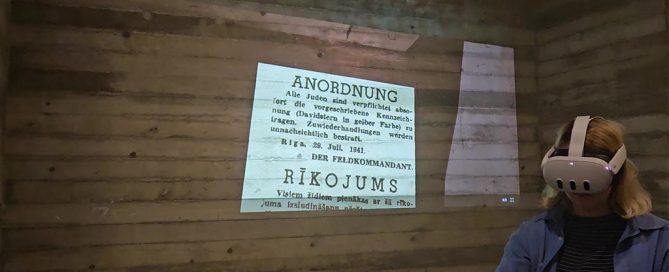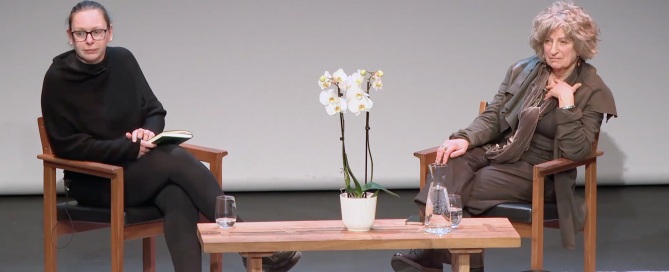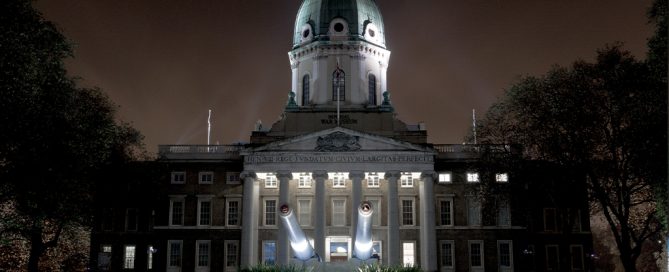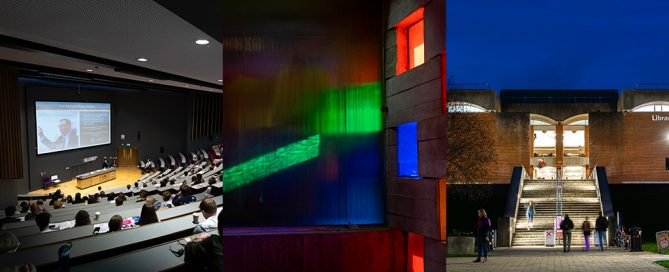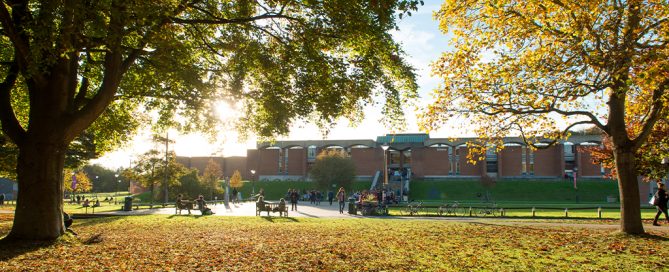Landecker Digital Memory Lab Launches Worldwide Survey of Digital Holocaust Initiatives
If you represent an organisation or project dedicated to Holocaust memory, integrating digital media in your work, the Landecker Digital Memory Lab wants to hear from you. The Lab aims to ensure a sustainable future for Holocaust memory in the digital age through rigorous research and inter-sector dialogue between today’s ‘memory makers,’ as living memory fades. The results of the survey will inform a global map of digital Holocaust memory initiatives including virtual or mixed reality projects to online exhibitions, computer games, social media, AI and digital integrations in exhibition spaces. Understanding this landscape will help us to prepare fieldwork to track, share and archive digital Holocaust memory projects, and capture interviews with those involved in developing them (read examples of this work in our Spotlight blogs). It will also feed into our wider research on what digital Holocaust memory looks like at a global scale. We are asking contributors to submit their input through this online survey which asks questions about: On-site and online digital media and projects. What social media channels you use. Changes in visibility of Holocaust distortion and denial via online channels. Digital strategy and capacity. Access the survey here: https://universityofsussex.eu.qualtrics.com/jfe/form/SV_41pxL14ImeECH78 If you have any questions, please [...]
